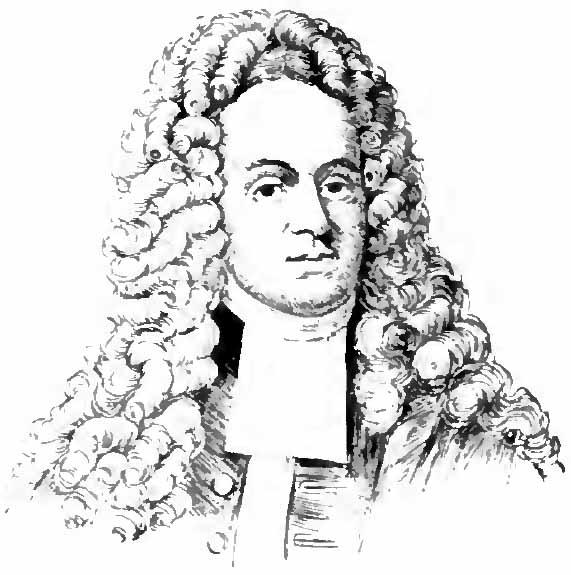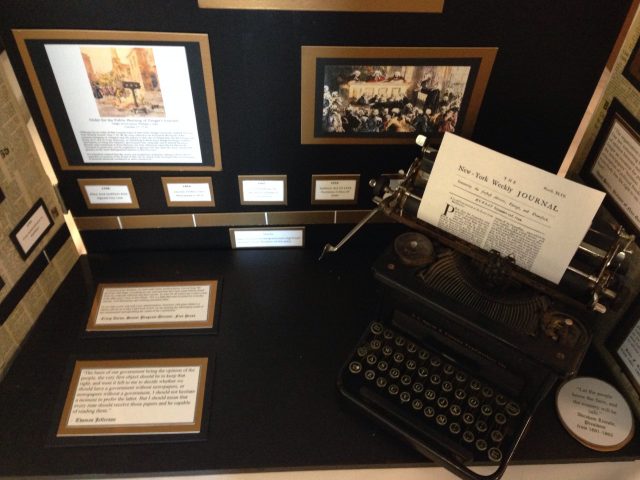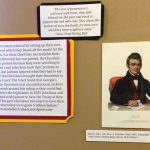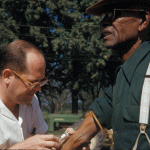Jonathan M. Garcia
Ross S. Sterling High School
Senior Division
Individual Exhibit
John Peter Zenger may not be a household name today, but he was a crucial figure in the history of free press in America. In 1734, authorities in New York City arrested the German immigrant for criticizing the colonial government in his newspaper, The New York Weekly Journal. However, no jury ever convicted Zenger, a major victory for Zenger and his right to print freely.
Jonathan M. Garcia designed an exhibit outlining this remarkable journalist and his contributions to American history. Jonathan talked about how he came to this topic in his process paper:
My topic, rights and responsibilities of the press, relates to this year’s theme, “Rights and Responsibilities in History” in many ways. Freedom of the press comes with rights and responsibilities. In the 1700s, American journalists did have the freedom that exists today. John Peter Zenger, a German immigrant, printed The New York Weekly Journal and was put on trial for libel because he published articles that questioned the government and its integrity. Zenger was found not guilty. This trial was an important step toward the freedom of the American press. However, freedom of the press was not truly known until the First Amendment was passed. Once the First Amendment was passed, publishers felt that they were able to express their views more freely. A democracy cannot exist in the modern world without free press.
The press is an essential weapon against a corrupt government who holds power. Newspapers and other forms of media allow for ideas, even those that voice opposition. However, with these rights does come responsibilities. Today, some people feel the press has too much freedom and question how much is too much information. Celebrities and politicians often fear the paparazzi and having their private lives exposed for everyone to see. The rights of journalists have increased since John Peter Zenger was a publisher and now the responsibilities of the press are even more important for keeping the public informed without overstepping rights to privacy.
More great work from Texas high school and middle school students:
The story of the “little lady who wrote the book that started this great war”
The harsh world of migrant work during the Great Depression
And the history behind one of New Orleans’s most iconic neighborhoods





